“Being responsible for another human’s needs felt suffocating, not fulfilling.”
Support our Work
We are Childfree is empowering childfree lives, with the generous support of our membership community. Become a member to support our life-changing work, join your childfree community and get exclusive member perks.
MORE LIKE THIS

- Privacy Policy
- Imprint
- Terms of Service
- ©️ 2023 We are Childfree OÜ